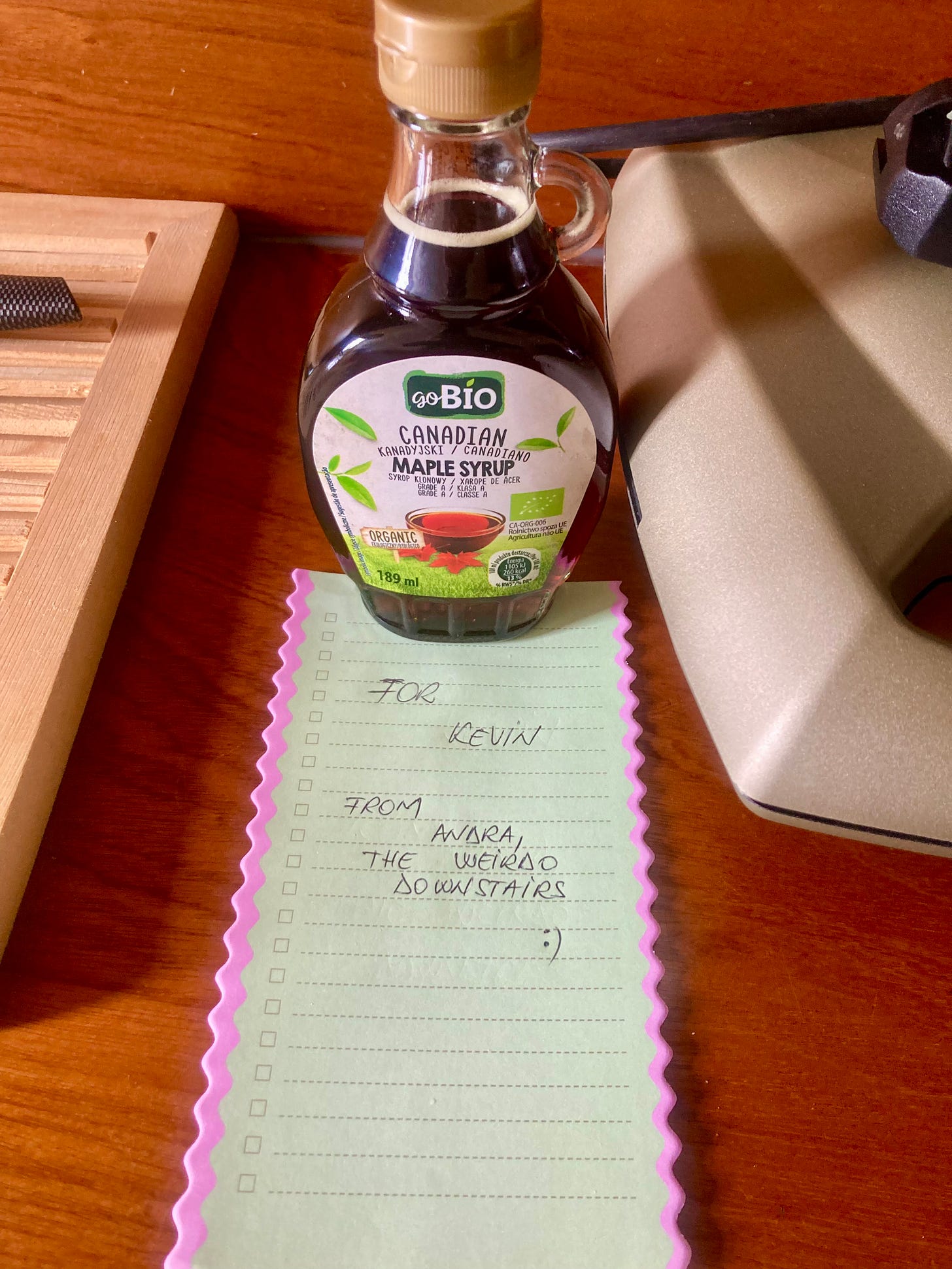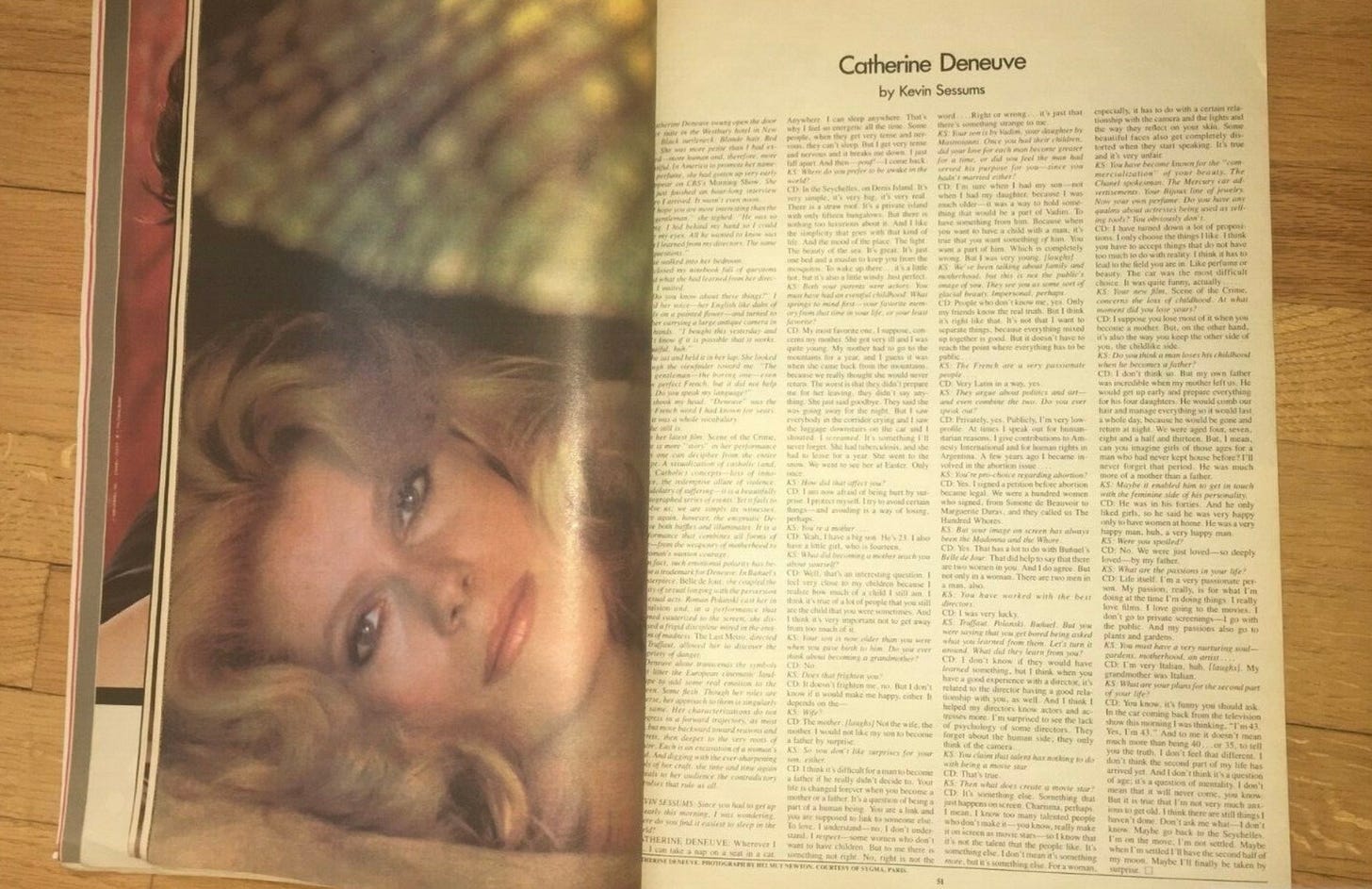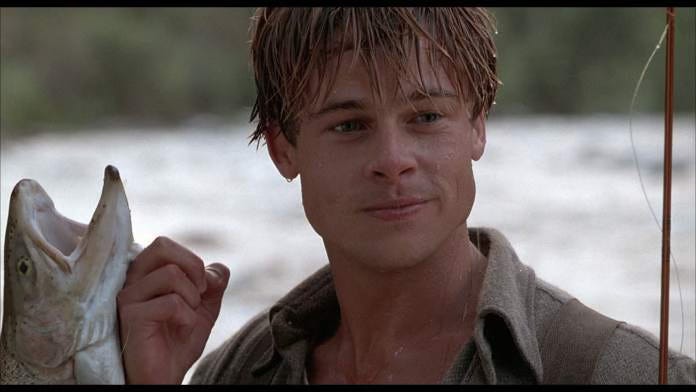1.
I was resting on a rusty landing jutting out into the Douro River the other day here in Porto reading Percival Everett’s novel James, a retelling of Mark Twain’s Huckleberry Finn told from the perspective of the runaway slave Jim who has to present his illiterate, patois-sputtering self to the world around him as a form of protection while he presents his truer educated, erudite, superior one to the reader as well as his family and circle of friends who are also slaves and who are almost as erudite as he. His inferiority is performative but so too, in its way, is his superiority since any first-person narrative is just that. James is proper without being so. The flow of language that comes at us reading his words is, more important, both the lifeline that connects him with his own dignity as a human being as well as the poetic defilement of it that keeps him tethered to those who own his body but not his mind. Language, its subtlety and its subterfuge, is thus both private refuge for the self and its public repository, its usage and codes and cadences a complicated place where safety and danger exist side-by-side - much like James’s friendship with Huck, a white child whose whiteness does not absolve him of innocence as much as curdle any concept of it within him and within, in turn, the context of such a friendship. There is a way that, yes, language can glibly laugh it all off as their knowledge of each being a place itself where never the twain shall meet. But Twain was not Samuel Clemens’s real name. It too was subterfuge, false in its repository of fame, a fudge, performative, proper without being so. He used racist terminology in literary ways, a patois still performative but now not only rightly perceived as prejudiced but also wrong, perverse, the preening that “but it was of its time” can exhibit as it insists on strutting about in language’s open borders. I am almost a free speech absolutist which means, I guess, I’m not one. But I sure as shit don’t believe in censorship or removing books from shelves especially in this “anti-woke” “anti-DEI” environment which is just a way to use language itself to police thought and give agency to bigotry. And yet bigoted terminology like Twain’s capitalized descriptor for Jim in his novel has a place on the shelf because it had a place in America’s narrative along with James Baldwin’s wondrous anger and Toni Morrison’s angry wonder. They all flow together like the goddamn Mississippi that still flows through my own life as I sit by another river here in Portugal reading about its flowing through Jim’s life, Huck’s, as they flow through the twin narratives of Percival Everett and Mark Twain.
2.
I was thinking of all that as I looked up from Everett’s novel and thought about as well how I have always placed myself beside rivers. I am often now walking along the banks of the Thames and the Seine in London and Paris where I live so much of each year of my pilgrim’s life after having lived for five years by the Hudson River in a place in upstate New York named for it. I lived for almost 40 years in Manhattan which the Hudson borders along with the East River and the Harlem. I was strolling the Danube in Vienna back in December, and also the Vltava in Prague. And now I am spending so many of my days here in Porto for the next two months exploring the neighborhoods on both sides of the Douro.
I’ve read more Eudora Welty than I have Mark Twain. She wrote a lot about rivers.
Here’s something from her short story “At the Landing”:
“A hidden mussel was blowing bubbles like a spring through the sand where his boot was teasing the water. It was the little pulse of bubbles and not himself or herself that was the moment for her then; and he could have already departed and she could have already wept, and it would have been the same, as she stared at the little fountain rising so gently out of the shimmering sand. A clear love is in the world - this came to her as insistently as the mussel's bubbles through the water. There it was, existing there where they came and were beside it now. It is in the bubble in the water in the river, and it has its own changing and its mysteries of days and nights, and it does not care how we come and go.”
3.


“When Norman Maclean retired from teaching, he wrote a novella titled A River Runs Through It,” I wrote myself in 1987 for a story about River Phoenix and his family for Andy Warhol’s Interview magazine where I was Senior Editor before becoming its Executive one. I had traveled down to Key West to meet the family where they were all staying while two of River’s siblings were making a film there.
I continued:
“In fact, A River Runs Through It is labeled a Phoenix Book and is published by the University of Chicago Press. The book is a blend of sporting manual and fraternal love story. At one point, the narrator describes his brother and his ability to fly fish. ‘He had those extra things besides fine training - genius, luck and plenty of self-confidence. I often thought of him as a boy, but I never could treat him that way. He was a master of an art.’”
I also thought a lot about River Phoenix and Maclean’s book sitting beside the Douro. That’s Maclean above teaching his Shakespeare course at the University of Chicago in a photo used by Rebecca McCarthy for the cover of her book about him which is subtitled A Life of Letters and Rivers, and that’s River photographed by Marco Franchina for the Interview story.
4.
I woke up this morning here at my Airbnb and discovered this gift for me when I went to the communal kitchen to make my coffee - or, more precisely, stir my Nescafe into a cup of hot water from the kettle. The other night I had told the lovely young woman from Romania now living in Germany who is staying in the garden suite that I was having trouble finding maple syrup and cranberry juice here in Porto. It takes a lot to surprise me but seeing this bottle of syrup and this note certainly did. I saw her later in the communal dining room and thanked her for her kindness and showed her photos of my trip many years ago during the Obama administration when I was touring Romania for the State Department on a mission to proclaim gay rights as human rights. “I can’t imagine that happening under Trump’s bigoted fascist regime,” I told her and then we bemoaned - after I told her she was no weirdo, just eccentric like me - the state of America and how it is affecting the rest of the world as the results of Trump’s sociopathic behavior flow through other countries like polluted tributaries sweeping all aside with their bilge formed from his bile.
I pulled up photos from Facebook to show her of my time in Romania and Bucharest after talking with her about my strolls along the Dâmbovița River that flows through that city. There were photos with transgender youth in Transylvania and of me marching in the Bucharest Gay Pride Parade and one with my friend, Robyn McCutcheon, the first transgender employee to transition while working for the State Department. Robyn and I were standing in front of a casino built in 1910 in the Romanian city of Constanta located on the Black Sea. That was a lovely day, another one spent by a body of water. Robyn transitioned with the full support of the US government because of the leadership of Secretary of State Hillary Clinton who championed LGBT rights as human rights during her tenure there. One of the biggest changes Secretary Clinton put into effect was making it easier for transgender Americans to receive new passports based on clinical treatment so that their passports reflected their gender. No longer did they have to present surgical records. I have no idea if that is still true under Trump’s fascist regime since one of the bigotries on which he rode to victory was his demonization of transgender citizens which has continued since he moved back into the White House and is polluting that as well.
5.
In that same issue of Interview in which River Phoenix and his family appeared, I published this interview with Catherine Deneuve. Helmut Newton - who became a dear friend during my later Vanity Fair days, I adored him - took her portrait. Several months ago, I had put a bit of my recorded conversation with Deneuve behind a paywall for paid subscribers so they could listen to it. But here it is for everyone today on Good Friday.
6.
I also hired Joyce Carol Oates to write about boxing for that issue of Interview - or excerpted a bit from a book that she had coming out about it. Anyway, I got her into the issue and she later sent me this lovely little note above. In Foxfire: Confessions of a Girl Gang, she wrote: “Whoever's reading this, if anyone is reading it: does it matter that our old selves are lost to us as surely as the past is lost, or is it enough to know yes we lived then, and we are living now, and the connection must be there? Like a river hundreds of miles long exists both at its source and at its mouth, simultaneously?”
7
When Robert Redford made his film version of A River Runs Through It, I wrote about it for Vanity Fair and Annie Leibovitz took the photo below of these three actors starring in it. I had even known Craig Sheffer as a waiter at a little coffee place on Hudson Street in the 1980s and had crush on him. I was told by a mutual friend that Redford liked what I had written so much that he requested a quote from this Spotlight be used in the newspaper ads and on some of its posters. I remembered that too sitting by the Douro the other day.
I came home and watched the film for the first time since it opened and was even more moved by it, especially Redford’s narration reading Maclean’s wise and beautiful words. I’ve always loved, too, the father’s sermon about one of his sons who dies. “Each one of us here today will at one time in our lives look upon a loved one who is in need and ask the same question: We are willing to help, Lord, but what, if anything, is needed? For it is true we can seldom help those closest to us. Either we don't know what part of ourselves to give or, more often than not, the part we have to give is not wanted. And so it is those we live with and should know who elude us. But we can still love them - we can love completely without complete understanding.”
8.
The photo above is of River Phoenix and his father. I took it after I took this t-shirt off and gave it to River when he admired it and he then gave me the one off his back. “I know you’re wondering if I'll always be a part of this family or someday separate from them,” he told me. “I've been very lucky that we've been free to be individuals. When I'm on a movie set, I see a lot of people who don't have anybody in their lives. Oh, they have superficial friends, but that doesn't count. So every night they have to go back to their hotel rooms alone. I never want that.”
The movie that his brother Joaquin (then known as Leaf) and his sister Summer were making down in Key West was called Russkies, and another photo I had for years from that visit with the family was a beautiful portrait of all the Phoenix siblings standing on a beach as if they were walking on water at low tide. When I was doing a cover story years later for Vanity Fair on Liv Tyler, who was dating Joaquin then, I gave it to her to give to him after I had told him about it on a phone call we had had about Liv. He later called to thank me for the photo. Joaquin was so sweet in my interactions with him, even breaking down in tears when expressing his gratitude for that photo I gave him.
It was a kind of enchanted time for the Phoenix family, I think, when they were all together in a kind of paradise down there on the tip of Florida before it disappeared into a horizon that will forever hover over the haze of River. I am grateful that I - an addict who stumbles about and understands what it is like to lose enchantment and find the firmer ground of recovery that replaces it - was able to share that more innocent time with them all. Each time I see Joaquin in a film or in the press, I think of of that time before his beloved brother became a haze in his life, that lovely time when he was Leaf, when horizons held not darkness but the hope of more light yet to come.
9.
A River Runs Through It, and Redford:
10:
Onward …












I remember that issue, along with the Vanity Fairs you wrote cover stories for - they're always nostalgic, almost melancholy, those blasts from the past.
This was a beautiful read.